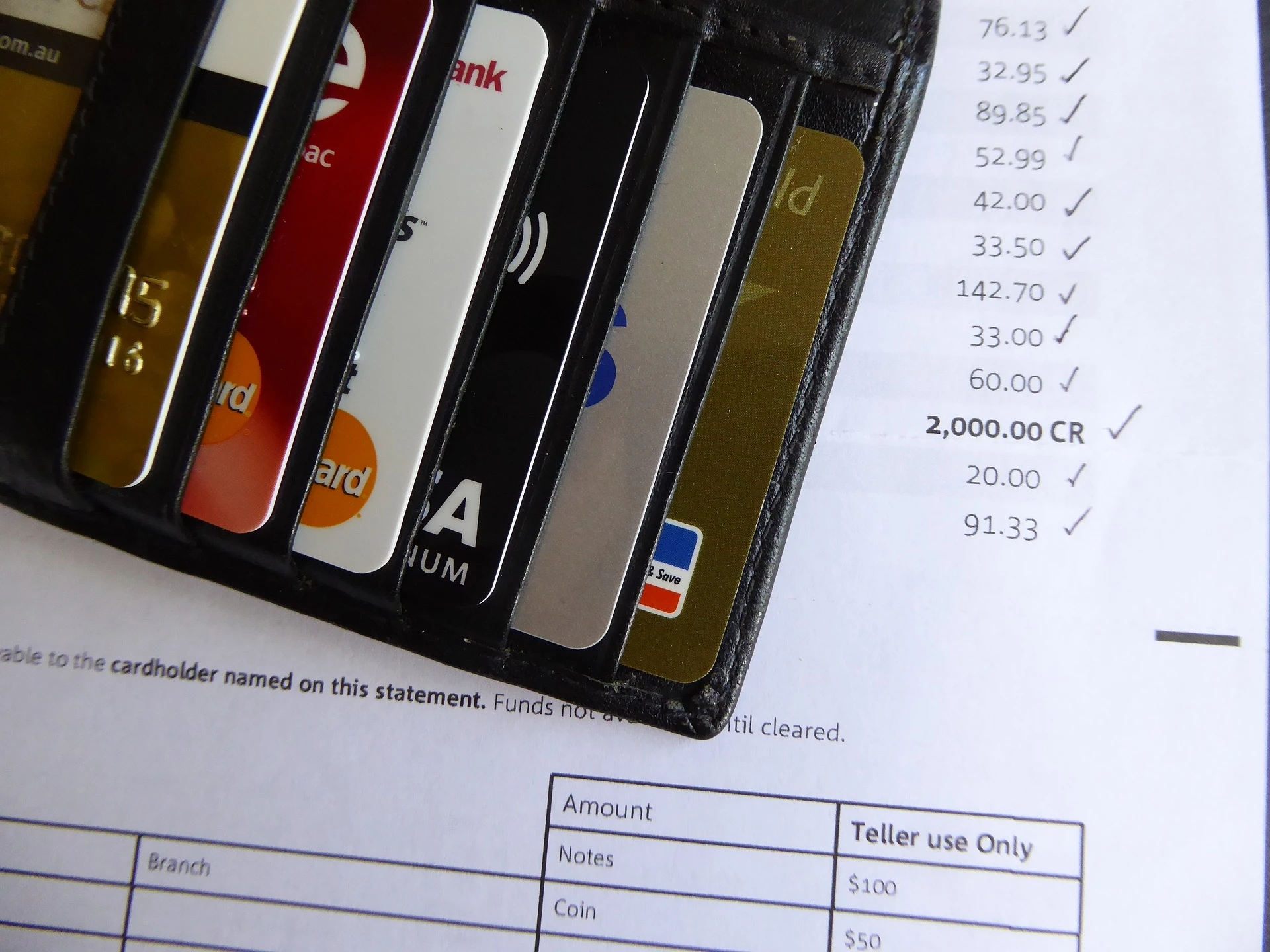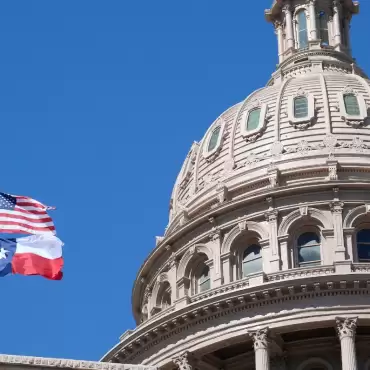The Australia House of Representatives, the lower house of the country’s parliament, has passed a bill that would introduce a blanket ban on using credit cards for online gambling.
The Interactive Gambling Amendment (Credit and Other Measures) Bill 2023 was submitted in September. It seeks to ban credit cards and other credit-related products, as well as digital currencies.
Introducing the bill has led to significant debate in parliament, with several amendments being filed to alter the bill. However, these were ultimately unsuccessful and the bill passed today (14 November) with support from both major parties in Australia.
The bill will now move forward to the Senate, the upper house of parliament in Australia, for further debate.
Breaking down the credit card bill
Aside from the ban on credit products, the bill includes a host of other measures that would come into effect.
These include heavy fines for operators that do not enforce the ban. Licensees in Australia could face fines of up to AU$234,750 (£121,706/€139,707/US$149,722) for not adhering to new laws.
Should the bill pass, the Australian Communications and Media Authority (ACMA) would be given new powers. These include enforcing new and existing penalty provisions and taking responsibility for issuing penalties to those that breach the ban.
The government is planning for a six-month transition period to allow operators, payment providers and consumers to move in line with the new rules. This would come into effect from when the bill secures royal assent.
The government consulted with many stakeholders to form the amendment bill including operators, harm reduction advocates, wagering and lottery providers and banking payment organisations.
Moving in line with land-based rules in Australia
Australia already has a ban in place on gambling with credit cards at land-based venues. As such, the bill would effectively place a blanket ban on all credit card gambling across the country.
The online ban has been a long time coming in Australia, with the debate having rumbled on for a number of years.
Back in November 2021, the parliamentary joint committee on corporations and financial services made a series of recommendations. These will effectively be implemented should the new bill come into effect.
Looking back further, the Australian Banking Association (ABA) in December 2019 hosted a consultation on credit cards in gambling. This also looked at how banks can help better protect players from gambling-related harm.
Call for the Australia government to take action became louder in spring 2020 after Great Britain introduced its own ban on credit card gambling. Members of Responsible Wagering Australia, including Bet365, Betfair and Entain, said they would support such a ban.
In anticipation of a ban, some businesses put in place their own prohibition on using credit cards to gamble. These include Bank Australia, which in October 2021 announced account holders could no longer to use its credit cards for gambling.
Wider efforts to tackle gambling-related harm
The mooted credit card ban is one of a series of steps being taken to tackle online gambling harm in Australia. Billed as the National Consumer Protection Framework, this includes a number of measures.
Among these is BetStop, launched in August, which allows consumers to self-exclude from all licensed interactive wagering service providers. This includes both online and telephone-based operators. More than 10,000 people have registered since the service went live.
The Australian government has also introduced mandatory pre-verification. This requires operators to verify a customer’s identity when they register for an account and before they can start betting.
In addition, the government has launched evidence-based taglines to replace “Gamble Responsibly” and has implemented nationally consistent training for staff working in the sector.





